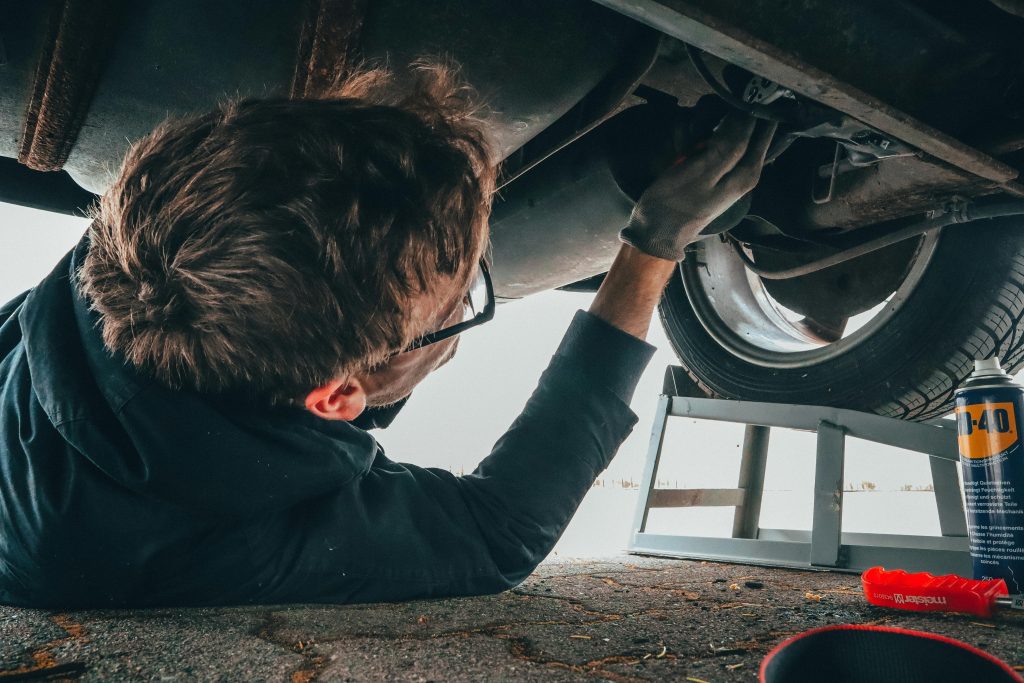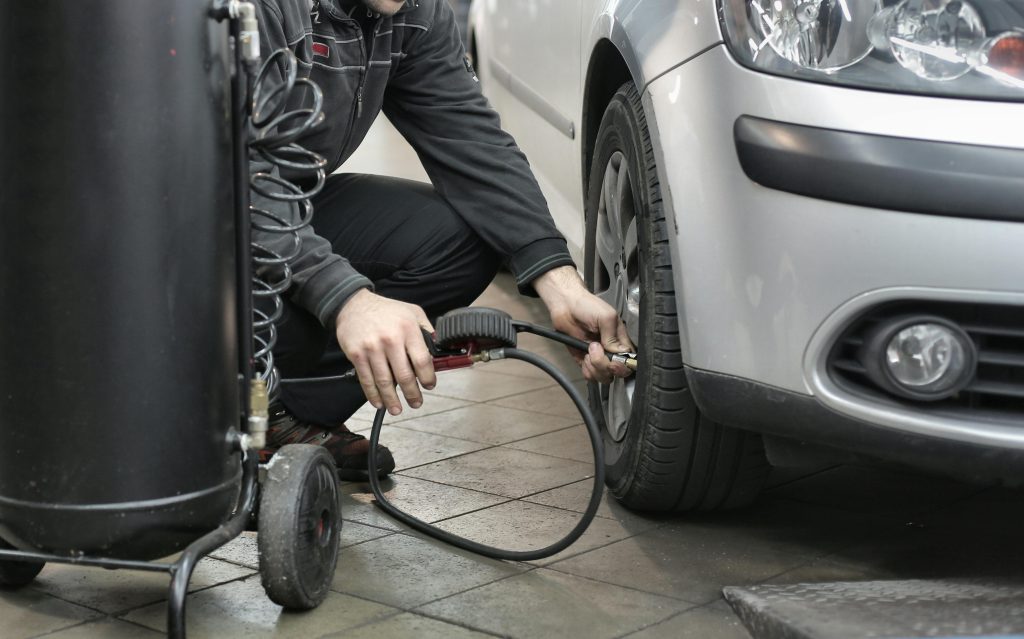
U.S. Car Maintenance Guide: Practical Tips to Extend Your Vehicle’s Lifespan
Proper car maintenance is essential for ensuring safety, reliability, and long-term cost savings. By following regular maintenance practices, you can extend your vehicle’s lifespan and reduce the risk of costly repairs. This guide covers key maintenance tasks and expert tips to keep your car in top condition.

1. Follow the Manufacturer’s Maintenance Schedule
Every car comes with a recommended maintenance schedule provided by the manufacturer. This includes oil changes, tire rotations, brake inspections, and fluid checks. Following this schedule ensures that your vehicle remains in optimal condition.
2. Regular Oil and Fluid Changes
- Engine Oil: Change your oil and oil filter as recommended (typically every 5,000–7,500 miles for conventional oil and up to 10,000 miles for synthetic oil).
- Transmission Fluid: Helps keep your transmission running smoothly—check and change it according to your car’s manual.
- Coolant: Prevents engine overheating and corrosion—flush and replace it as needed.
- Brake Fluid and Power Steering Fluid: Essential for responsive braking and smooth steering—check levels regularly.
3. Tire Care and Alignment
- Check Tire Pressure: Maintain proper pressure to improve fuel efficiency and tire lifespan.
- Rotate Tires: Rotate every 5,000–7,500 miles to ensure even wear.
- Wheel Alignment: Misaligned wheels can cause uneven tire wear and affect handling—get an alignment check annually.
4. Battery Maintenance
- Check Battery Terminals: Clean corrosion and ensure secure connections.
- Test Battery Life: Most car batteries last 3–5 years—get it tested to avoid unexpected failures.
5. Brake System Inspection
Brakes are critical for safety. Listen for squeaking noises, monitor brake performance, and replace brake pads as needed. A full brake inspection should be done annually.
6. Keep the Exterior and Interior Clean
Regular washing and waxing protect the car’s paint from dirt, UV rays, and corrosion. Vacuuming and cleaning the interior prevent damage and keep the car looking new.
7. Monitor Warning Lights
Dashboard warning lights indicate potential problems. Ignoring them can lead to serious mechanical failures. Always address check engine, oil pressure, and brake system warnings immediately.

Consistent maintenance not only extends your vehicle’s lifespan but also improves fuel efficiency, reduces repair costs, and ensures a safer driving experience. Preventive care is always more affordable than major repairs. By following these maintenance tips and staying proactive about car care, you can enjoy a smoother, more reliable driving experience for years to come.







